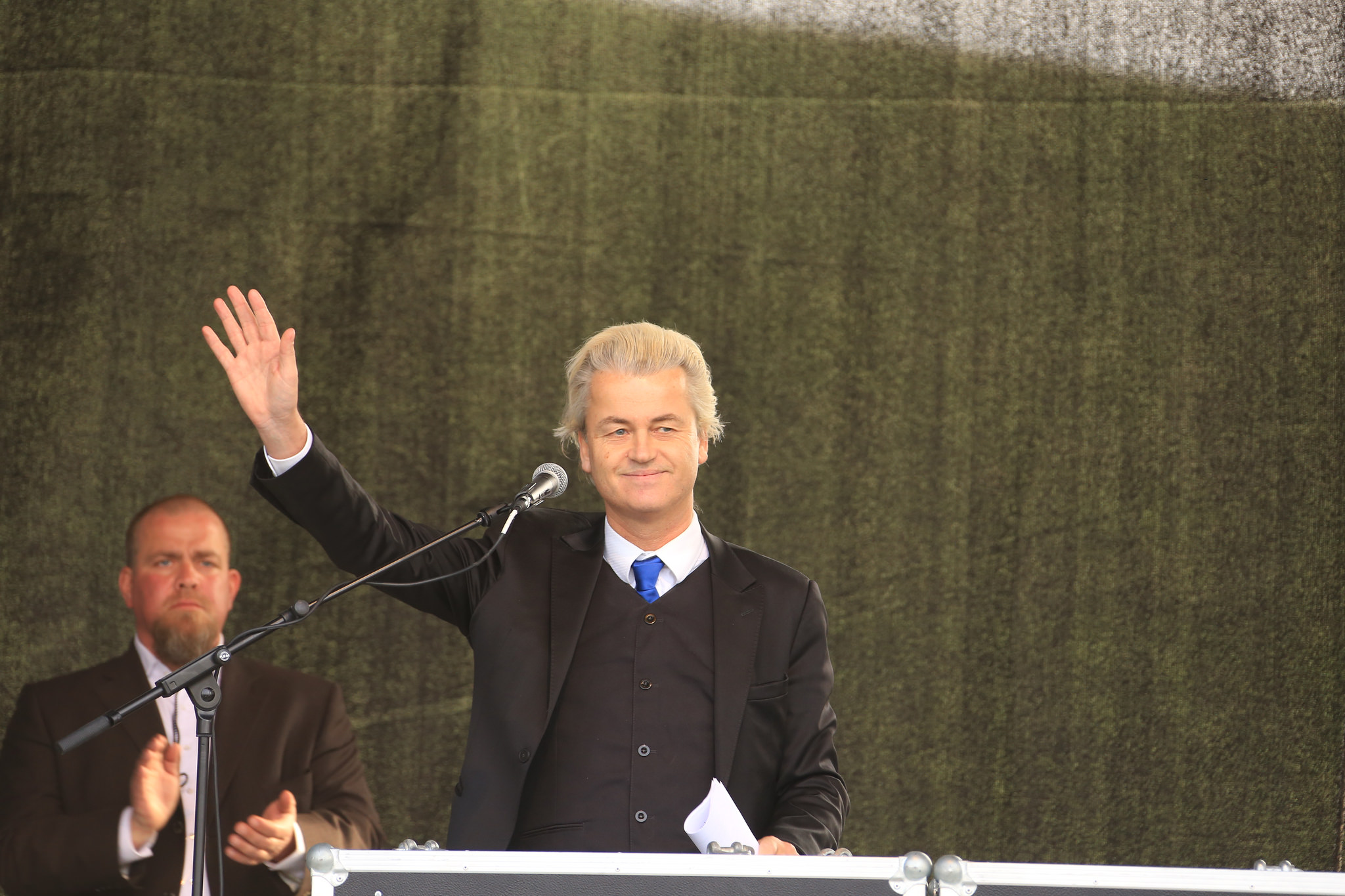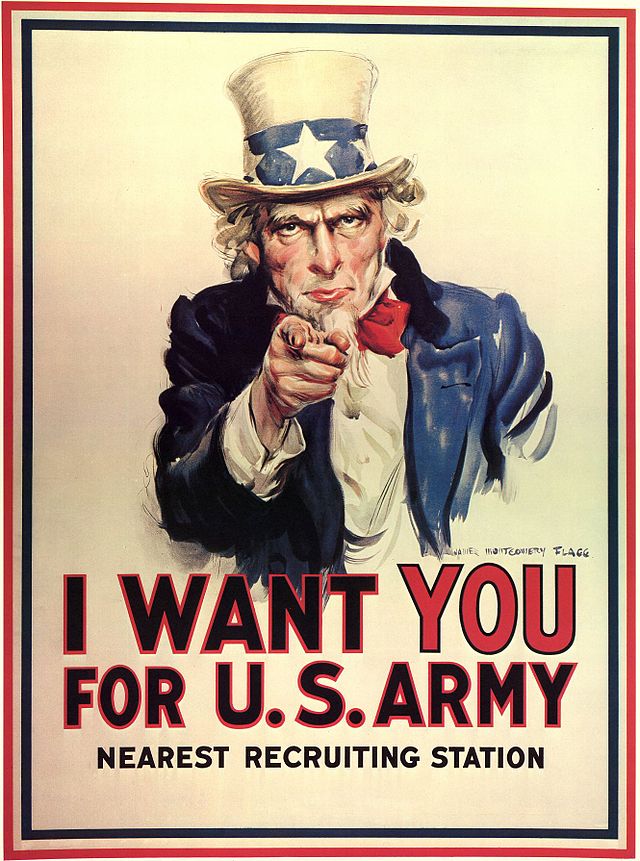Geert Wilders is no ordinary politician. Leader and founder of the Netherlands’ Freedom Party, bouffant-haired and loudmouthed, he is a stridently anti-immigrant, anti-Muslim voice outside the mainstream of Dutch politics. He also controls the second-largest party in the country’s parliament. Part of that power comes from the uncertainty that has emboldened populist movements across Europe. For some critics, another part comes from a more mundane source: the Netherlands’ electoral system of proportional representation.
A prominent critique of PR systems holds that they make it easier for fringe, extreme groups to win legislative power. This claim is not new, and it is not restricted to the Netherlands. Academics have examined these concerns for decades. If there’s anything new in the worries about PR, it’s a result of timing; a fitting concern for a world swept up in narratives of alt-right power and populist resurgence. The idea even has the currency to be invoked as a rationale for policy decisions. When Prime Minister Justin Trudeau’s government chose to put off promised electoral reforms in February 2017, it did so partly because of worries that PR would help give a platform to the far-right.
This is a powerful claim, but it is also problematic—and the Dutch case can help explain why.
The premise that PR can be good for fringe parties is based on a kernel of truth. In the Netherlands and elsewhere, PR helps extremist parties and radical ideas turn diffuse votes into seats in legislatures. A wide-ranging study from Professor Pippa Norris at the Harvard Kennedy School of Government confirmed that PR systems have historically benefitted extreme right-wing parties. These results contrasted with majoritarian or plural electoral systems, where elections are contested at a constituency level, making it harder for fringe groups to win seats. In some cases, as in France, changes to make electoral systems more proportional produced overnight benefits for right-wingers. Those changes were reversed by returning to a majoritarian system.
However, there is a difference between being in the legislature, and being in government. In the Netherlands, Wilders is extremely unlikely to play a role in running the country; Prime Minister Mark Rutte’s recent coalition talks with him reportedly lasted a mere 20 minutes.
That is the other side of the PR coin: more often than not, decisions need to be consensual; power must be negotiated. Whether or not the extreme-right gets a say in such discussions depends much more on political environment and culture than on electoral mechanics. That reality is reflected in PR and plurality or majoritarian systems.
In Israel, PR has given right-wing parties a chance at power. In a country with weak party support for Prime Ministers, deep political and religious divides, and interest groups that cling tightly to special-issue parties, PR “generates strong incentives for short-term, sectarian, and populist conduct.” It produces an environment where extremist parties can exercise real influence—and in Israel, they do. The situation is very different in the Netherlands. Though the two countries may share a party-list proportional representation electoral system, Israel faces unique political dilemmas, and its government has to draw heavily on right-wing parties to string together a coalition. In the Netherlands, large parties pay few penalties for refusing to work with a man like Geert Wilders.
In contrast, a plurality electoral system may be effective at keeping right-wing populists out of office, but it does little to dent their popularity. In France, two-round runoff systems have condemned France’s anti-immigrant, Eurosceptic Front National (FN) to repeated failure at the national level, and in 2015 locked them out of regional offices completely. But the FN continues to climb in national opinion polls. Terror incidents and a weak economy have driven the party’s support higher and higher (with a little help from leader Marine Le Pen’s careful rebranding). The French system may have stopped the FN from winning elections so far, but it has not slowed the party’s growth, prevented it from influencing national debate, or addressed the possibility that its views are becoming more powerful within the mainstream.
No electoral system can resist the power of ideas indefinitely. Bulwarks against populism can only last so long when faced with a growing sense of exclusion, a popular politician, or a powerful wedge issue. Anyone watching events in the US or the UK knows that.
For jurisdictions with PR systems, there are electoral tools that can slow the accession of extreme right-wing groups to the legislature. Voting thresholds are one popular method, adopted widely across Europe. After the Second World War, Germany adopted a 5% threshold as a safety measure to stop small extremist groups from attaining a national platform.
The Netherlands is one of a few European countries without any such system; approximately 0.67% of the national vote—roughly 70,000 ballots—is sufficient for a seat in parliament. In Germany, the threshold has kept fringe parties like the anti-immigrant Alternative for Germany (AfD) out of parliament for now, but at the cost of discarding votes. The last federal elections, in 2013, saw nearly seven million votes “wasted” because they were cast for parties that failed to enter parliament.
The Dutch case offers one final point for consideration. Just as some UK voters opted for Brexit without expecting to see the country leave the European Union, some Dutch voters expressed support for Geert Wilders without wanting to see him run the country. In both cases, votes were cast as a means of registering an opinion, not to shape how policy is made. For majoritarian systems where the ‘winner takes all,’ those choices come with high stakes. It means extremism has a way to vault suddenly to the top of the agenda.
That could be an argument in favour of PR’s incentives for consensus, or it could be a reason to re-examine the channels that exist for citizens to engage in politics. Voting is only one such channel.
Democracies that restrict the expression of citizens’ views to the casting of a ballot place an enormous burden on the electoral system. Elections are designed to choose representatives; they are not supposed to register complaints, build consensus, or resolve disputes. Any country that tries to do all of those at the voting booth is asking for trouble.
Photo: “Geert Wilders” (April 13, 2015), by Metropolitico.org via Flickr. Licensed under CC BY-SA 2.0.
Disclaimer: Any views or opinions expressed in articles are solely those of the authors and do not necessarily represent the views of the NATO Association of Canada.




